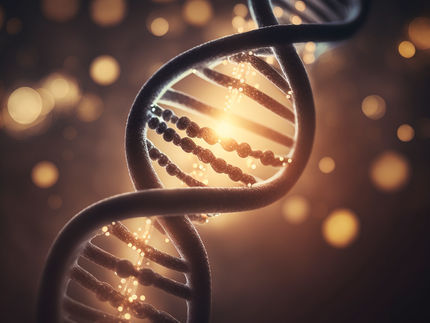Austrianova discovers new therapeutic for cancer gene therapy
Austrianova, together with its partner at the Research Institute for virology and Biomedicine, University of Veterinary medicine have shown that a gene from a bacteriophage can be used for the treatment of cancer. The Department of Therapeutic genes & Delivery Systems at Austrianova, headed by Dr. Christine Hohenadl, have shown for the first time that a bacteriophage protein, called holin, can destroy human breast cancer cells. This discovery could form the basis for a new treatment of solid tumours and has been published in "Journal of Gene Medicine" .
Austrianova's discovery was made possible by a close collaboration with Prof. Udo Bläsi at the Institute of Microbiology and Genetics, University of Vienna. Prof. Bläsi has spent many years identifying and characterising the holin gene in bacteria. Bacteriophages infect bacteria and use the bacterium to rapidly produce many new bacteriophages but they cannot exit the bacterium unless they produce holin. The holin protein together with a second protein, endolysin, dissolves the cell wall of the bacterium, thus releasing the newly produced bacteriophages.
Experiments to show holin kills human tumour cells The first step was to isolate the holin gene from the bacteriophage and to introduce this into human tumour cells. In order to be able to control the production of holin, a biological switch mechanism was included. The production of holin is turned on by the addition of an antibiotic. It could be shown that 48 to 96 hours after holin production was activated, the tumour cells were already dying. Austrianova has filed a patent application claiming the use of this proprietary gene for cancer therapy.
Other news from the department science

Get the life science industry in your inbox
By submitting this form you agree that LUMITOS AG will send you the newsletter(s) selected above by email. Your data will not be passed on to third parties. Your data will be stored and processed in accordance with our data protection regulations. LUMITOS may contact you by email for the purpose of advertising or market and opinion surveys. You can revoke your consent at any time without giving reasons to LUMITOS AG, Ernst-Augustin-Str. 2, 12489 Berlin, Germany or by e-mail at revoke@lumitos.com with effect for the future. In addition, each email contains a link to unsubscribe from the corresponding newsletter.


















































